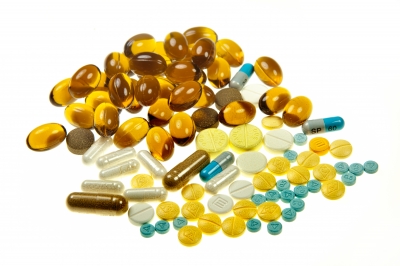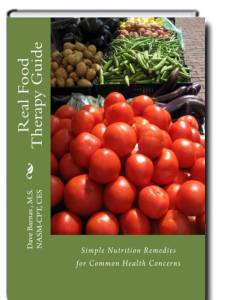
Coenzyme Q10 (CoQ-10), also known as ubiquinone, is a naturally occurring anti-oxidant compound and is used for energy production within cells. It’s manufactured in the heart, liver, kidney and pancreas. The body normally produces sufficient CoQ-10, although some medications, namely cholesterol-lowering statins, (such as Lipitor), beta-blockers, and anti-depressants can reduce CoQ-10 levels in the body.
Research shows that CoQ-10 levels in the body may decline with age and heart disease. Only small amounts of CoQ-10 are available from food, mainly beef and chicken. Consequently, dietary supplements are the most common way to increase the body’s CoQ-10 levels, particularly for vegetarians. It’s often regarded as a tremendous anti-oxidant, which means it helps mitigate the detrimental effects of free radical damage on a cellular level.
Coenzyme Q-10 (CoQ-10): Claims and Purported Use
Used to treat or possibly prevent many disorders, including heart disease, hypertension (high blood pressure), AIDS, asthma, Parkinson’s and Huntington’s disease, certain cancers, lung disease, gum disease, chronic fatigue syndrome, migraines, and allergies. CoQ-10 is also said to improve memory, boost immunity and energy, enhances exercise performance, and combats aging. It is also used to offset the detrimental side effects associated with cholesterol-lowering statin medications. The following products listed below are tested and true.
TESTED & TRUE
Carlson CoQ10
Life Extension Super-Absorbable CoQ10
Nature Made CoQ10
New Chapter CoQ10+ Food Complex
NOW CoQ10
Selected Potential Side Effects
Coenzyme Q10 (CoQ-10) is generally regarded as safe when taken in appropriate amounts, yet it is still advised to consult with your physician prior to taking any dietary supplement. Some adults may experience gastrointestinal side effects or nausea.
Selected Drug Interactions
Adults taking blood thinners or with diabetes are strongly advised to consult with a physician prior to taking Coenzyme Q10 (CoQ-10) as it may interact with certain medications. In adddition, CoQ-10 may lower blood pressure and it is advised to be discontinued at least two weeks prior to a surgery.
Suggested Dosage
No RDA or UL has been established for CoQ-10 and the suggested dosage recommendations vary greatly. For example, those with congestive heart failure are advised to take 100-200mg per day, but some doctors recommend up to 600 mg per day.
For migraine sufferers, 300mg per day might be effective to minimize number of migraines, but not severity.
Other recommendations include:
Parkinson’s Disease, 300-1200 mg per day
Hypertension, 120-200 mg per day
Angina,150 mg per day
For reducing occurrence of heart attack after having one, 120 mg per day.
Since improvement in symptoms may take up to a month, it is advised not to stop in the middle. Instead, a tapering off is recommended.
Reference Guide for Tested and True Dietary Supplements
Tested and True: Multivitamins
Tested and True: Coenzyme Q10 (CoQ-10)
Tested and True: Glucosamine and Chondroitin
Tested and True: Muscle Enhancers – Creatine
Tested and True: Muscle Enhancers – Branched Chain Amino Acids (BCAAs)
Tested and True: Nutrition Bars
Tested and True: Nutrition Drinks & Powders
Tested and True: Weight Loss Accelerators and Appetite Controllers
Tested and True: Mood Booster SAM-e
Tested and True: Mood Booster St. Johns’ Wort
Not Yet a subscriber?
Sign-up Free Today
&
Get a Free Gift
Free Real Food Therapy Guide
*reference: Consumer Reports Health









